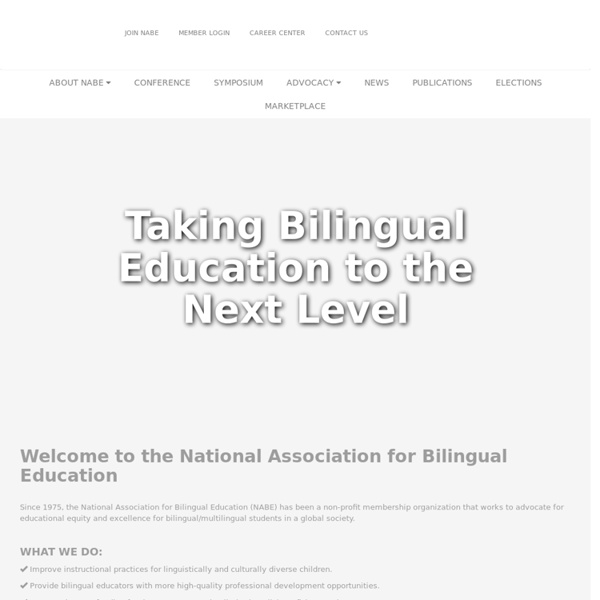



Talk to Your Baby Research consistently points to early oral language skills as among the strongest predictors of educational success, and as providing a vital foundation for school-readiness and effective learning across other domains. - Nuffield Foundation report into Early Education and Childcare, 2015 The legacy of Talk to Your Baby speaks for itself. The conference, that is renowned for its in-depth and engaging reviews of policy, research and practice, highlights the key role communication and language can play in improving the life chances of children. Children come into the world ready to learn language. Specialist practitioners and academics come together to share their expertise in improving language and literacy outcomes of preschool children, focusing on ages 0-3. Delegates from across the early years, healthcare, education, cultural and third sectors come back year after year to learn, share best practice and be inspired. Chair: Jean Gross CBE Alison Williams Carey Oppenheim Dr Cathy Hamer Price
BUENO Center for Multicultural Education | University of Colorado Boulder TESOL ITESOL | Intermountain TESOL Top tips for academic success: 7 habits of highly successful students | Q&A Ever wonder how some of your classmates make academic success look so darn easy? Wish you could pick their brain without actually having to confess you don’t have all the answers yourself? We all know that achieving any goal worth having is going to take persistence and passion. So, take a look at our latest list of the top 7 habits of highly successful students and see just what you can do to get yourself started down the right path for the new year! #1 Gather your tools Successful students don’t necessarily know everything but they do know where to find it. #2 Manage your time well Mastering your time schedule is a top priority for the successful student. In a June 14, 2012 article for Appfluence.com titled, “Top 10 time management skills for college students from a Stanford entrepreneur,” Nguyen listed his top tips for time management. “Write everything you have to do down, especially if you are thinking about it. #3 Show up #4 Know and be known #5 Take care of yourself #7 Find your grit
Learning Two Languages [en Español] Anyone can learn a new language. Some people find it easier than others, but all of us can do it. Children can learn to be bilingual. Speaking two languages is like any other skill. How do I teach my child to be bilingual? There are a number of ways to teach children to speak more than one language. Use two languages from the start. Will learning two languages cause speech or language problems? No. What should I expect when my child learns more than one language? Every bilingual child is unique. Like other children, most bilingual children speak their first words by the time they are 1 year old (e.g., "mama" or "dada"). What resources can I use to help my child be bilingual? Books. Audiotapes and CDs. Videotapes and DVDs. Language programs. If my child is having trouble communicating, should we use only one language? In this case, it's best to talk to your child in the language you're most comfortable with. What are some additional resources?
When students need extra behavior support | Brookes Publishing Co. Having targeted supports and mediation techniques in place makes it easier for teachers to readily manage behavior issues Classroom teachers face a range of challenges during their school day but none perhaps so demanding as persistent problem behaviors. Whether schools have a formal positive behavior support system in place or not, having techniques at hand is essential for getting teachers back to teaching and students back to learning. In The Teacher’s Pocket Guide for Positive Behavior Support, Tim Knoster and Robin Drogan build on the universal supports introduced in The Teacher’s Pocket Guide for Effective Classroom Intervention, Second Edition with targeted approaches for students with challenging behavior. According to Ondine Gross, author of Restore the Respect: How to Mediate School Conflicts and Keep Students Learning, universal supports will suffice for 80–90% of your students. But what about the remaining 10–20%? Here are some recommended Tier 2 supports: Check and Connect
NCELA National Association for the Education of Young Children | NAEYC Are There Too Many Ph.D.s And Not Enough Jobs? Our country needs more people with science, math and engineering degrees — at least, that's the common refrain among politicians and educators. American students lag behind the rest of the world when it comes to math and science test scores, and the president and others have called for a change in immigration laws that would make it easier for people who come to the U.S. to get technical degrees to stay in the country permanently. The number of PhD students who had a job by graduation has been going down, while the numbers of those who didn't or those who were continuing with studies is going up. But job numbers released by the National Science Foundation show that people with doctoral degrees in those technical fields are struggling to find work in their industries. Jordan Weissmann, an editor at The Atlantic, analyzed the latest NSF figures. These figures are not surprising to many young scientists and engineers who feel the employment squeeze.